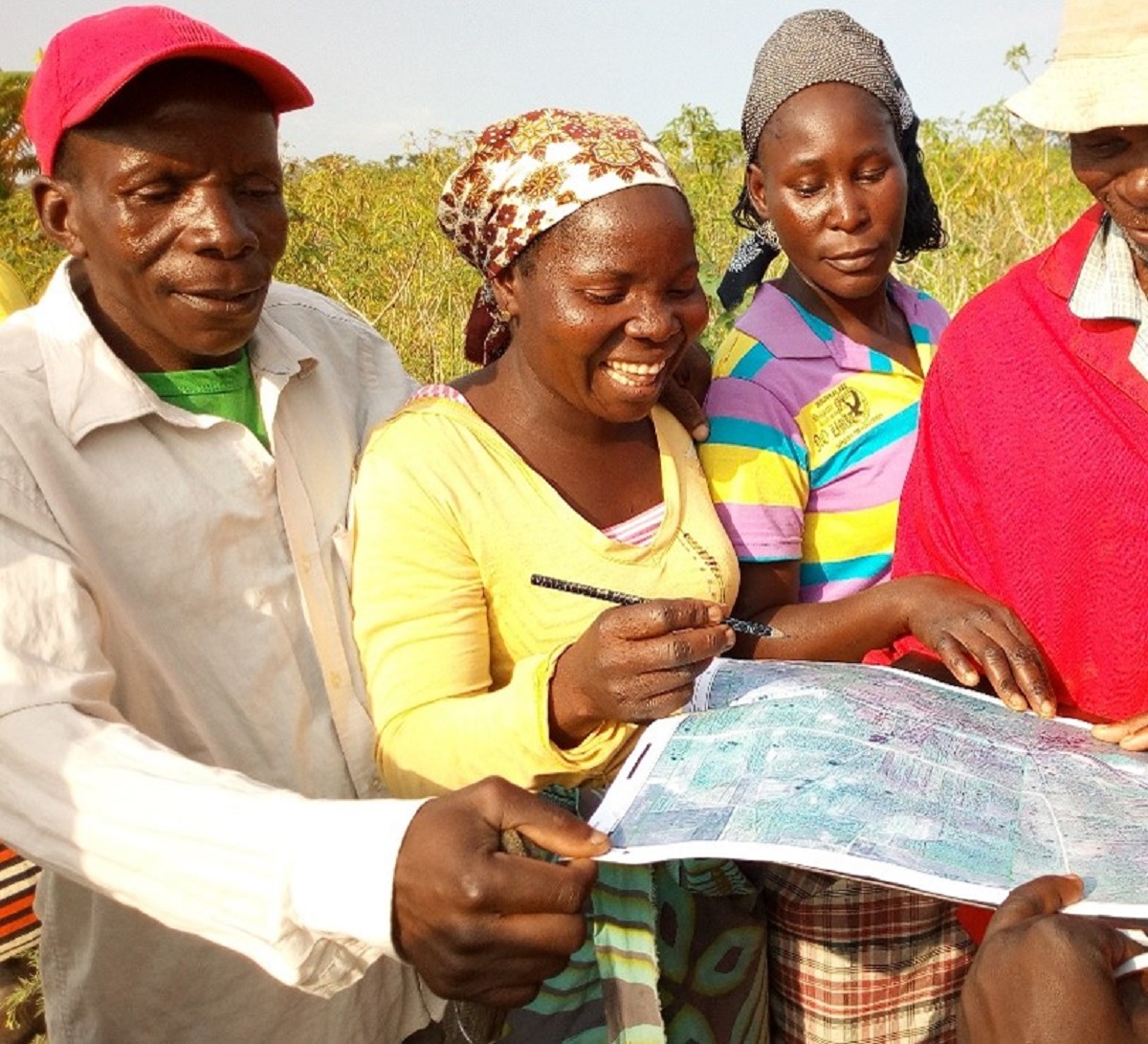A ‘land grab’ can be described as the acquisition of large land areas by private companies, governments or individuals, without taking into account the land and resource rights of the communities settled there.
Without the consent of local communities, conflicts and risks related to land tenure are particularly acute, affecting land and resource users, whose existing land rights are frequently not recognised or protected by official land registration systems, and investors and other stakeholders involved in land acquisitions who are unlikely to achieve effective control over the land or generate significant returns from such risky investments.
 Such circumstances, especially in sub-Saharan Africa, raise questions for development policy about how investments in land-based resources and the companies involved can become more responsible. Responsible investments in land can be understood as those that recognise and respect legitimate land and resource rights and which are carried out in accordance with agreed international soft law principles, human rights, and environmental principles and standards.
Such circumstances, especially in sub-Saharan Africa, raise questions for development policy about how investments in land-based resources and the companies involved can become more responsible. Responsible investments in land can be understood as those that recognise and respect legitimate land and resource rights and which are carried out in accordance with agreed international soft law principles, human rights, and environmental principles and standards.
From 2015–2020, NRI’s Julian Quan, Professor of Land and Development Practice, provided technical leadership and coordination for DFID’s LEGEND programme, ‘Land: Enhancing Governance for Economic Development’, implemented in collaboration with the Overseas Development Institute (ODI), the International Institute for Environment and Development (IIED), with the consulting firm KPMG providing overall project management.
LEGEND’s aim is to promote innovation in land governance to foster more responsible land-based investment by the private and public sectors through mobilising knowledge and skills to strengthen land policy and practice, and by promoting innovation in land governance, globally and in priority countries.
NRI provided technical management and support on a set of LEGEND pilot projects which ran from 2016–2019 in Malawi, Mozambique, Sierra Leone, and Tanzania, and Zambia. Supported through the LEGEND challenge fund, these projects sought to test how private companies and civil society organisations could collaborate in the implementation of agribusiness investments, and to develop innovative tools and approaches that could be adopted and implemented at greater scale.
Positive outcomes from the pilots include significant increases in tenure security for community members, reduction of land-related conflicts, improved relations between project-affected people and companies, and in various cases, rapid creation of new economic opportunities and community organisational capacity, and significant benefits for women.
The team has synthesised lessons and findings from five years’ work on land governance and responsible land investment, including developing eight key practical lessons that companies can take up to help provide a better governance environment in which responsible agricultural investment can operate.
The lessons include: the need to address land tenure issues from the beginning of investment planning by improving risk assessment and due diligence, the importance of documenting and securely registering land rights systematically, the need for companies to ensure free and prior community consent from the land rights holders through fair and open consultation and negotiation processes, and to address land tenure as a key environmental, social and governance issue in operations and sustainability policies.
The lessons highlight the need of communities to access legal support to protect these rights, to participate effectively in negotiation with companies, and to achieve redress for harm done. Working with the Land Portal, the team created a set of webpages on responsible land-based investments with case studies of practical experiences, resources and guidance on good practice generated by the projects and developed by the local partners.
To find out more about:

